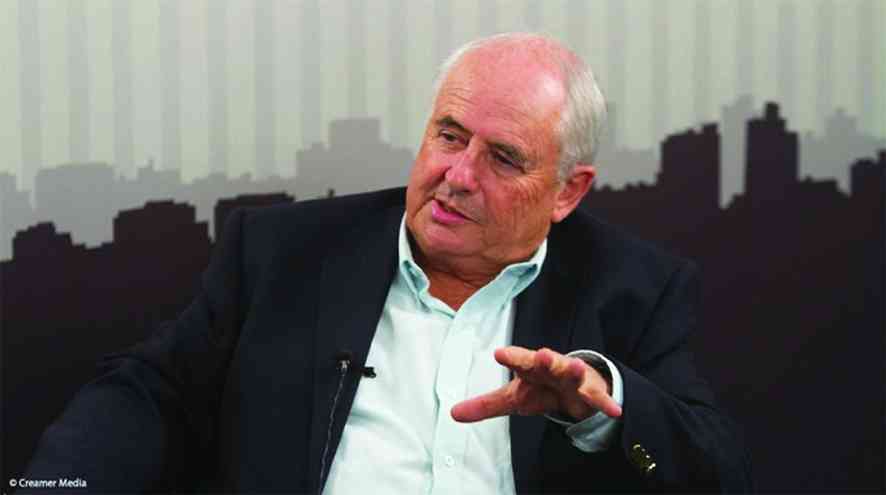
TURNING an idea into a viable business requires money. But in this environment where liquidity is tight, how can you raise money to fund your small business so that it grows.
Clive Mphambela
Most people kill their business ideas by making simple, but lethal mistakes in mobilising the wrong kind of money. For example, debt is good for a business, but it may be best to borrow when a business has run successfully for a while.
It is dangerous to start a new business entirely financed through borrowed funds. If the business idea fails, you will fail to repay the loan and possibly damage your financial reputation.
Today, we discuss the concept of “equity first” for funding small to medium enterprises (SMEs). Before rushing off to your bank to ask for a loan to fund your start up business, or even to expand your existing operations, think about these innovative equity-based financing ideas that will prepare you and your SME for a successful long-term relationship with your bank.
The role of internal business finance
No matter how big your business idea is, start small and reinvest the profits into future growth.
Business is all about taking risks, but you do not want to take a big risk upfront all at once. This is especially true in this environment where liquidity is tight and it is not easy to raise all the money you need to fund your big idea.
- Chamisa under fire over US$120K donation
- Mavhunga puts DeMbare into Chibuku quarterfinals
- Pension funds bet on Cabora Bassa oilfields
- Councils defy govt fire tender directive
Keep Reading
Starting small eliminates the risk of making a big mistake and ensures that you learn the ropes of the business and thus grow in ability and confidence as the business grows.
It means you will need a smaller amount of initial capital to start the business. Your small pot of personal savings may, therefore, be sufficient to fund your start-up enterprise and as you trade, you must reinvest the proceeds and profits into the business.
This will naturally enhance the growth potential of your business. This is called funding the business from “internal resources”, meaning that cash-flows from the business, together with your personal savings, will fund the initial growth phase of the business until such a time it has gathered credibility to attract outside investors.
How can you use personal savings?
Successful businesspeople usually have taken huge personal financial risk at the outset. Apart from generating the entrepreneurial ideas that have made them millionaires or even billionaires, they sacrificed a huge chunk of personal savings as initial capital investment into their businesses.
Using personal savings means you exercise total creativity in getting your business off the ground.
You have the flexibility to drive your business in the direction that you want and implement your ideas to the maximum without being accountable to other investors or a bank. It lays a strong basis for other investors and lenders to trust you with their money when eventually your business reaches a stage when it needs an external injection of capital.
Is trade credit important?
Rather than rushing off to get a bank loan to fund short-term needs of your business, make maximum use of trade credit if it is available. Negotiate with some of your suppliers for delayed payment terms rather than paying for your inputs or raw materials in cash upfront.
A good start is to pay part cash and then get the difference of your input supplies on credit terms. When you are lucky to get terms, try by all means to build your business’ credit standing by settling according to agreed terms. Your credibility and goodwill as a business can become a vital asset in future.
Certain types of businesses such as furniture manufacturing or shop fitting allow for the customers to pay a small deposit towards the work being done upfront. When you get the deposit, apply it to raw materials and help ease off pressure on the funding needs of your business.
Do not take the customer’s deposit and buy a piece of capital equipment or something else that has nothing to do with their order.
If you make it a policy to deliver the correct quality work, your customers will be happy to pay up the balance, making your cash-flow management easier.
Your family and friends should be the first port of call not only in developing your business idea, becoming your first customers and more importantly the first financiers of your business.
Your business model is relatively secure with friends and family and they are less likely to hijack or steal your business idea.
Clive Mphambela is a banker. He writes in his capacity as advocacy officer for the Bankers’ Association of Zimbabwe (BAZ). BAZ expressly invites other stakeholders to give their valuable comments and feedback related to this article to him on [email protected] or on numbers 04-744686, 0772206913











